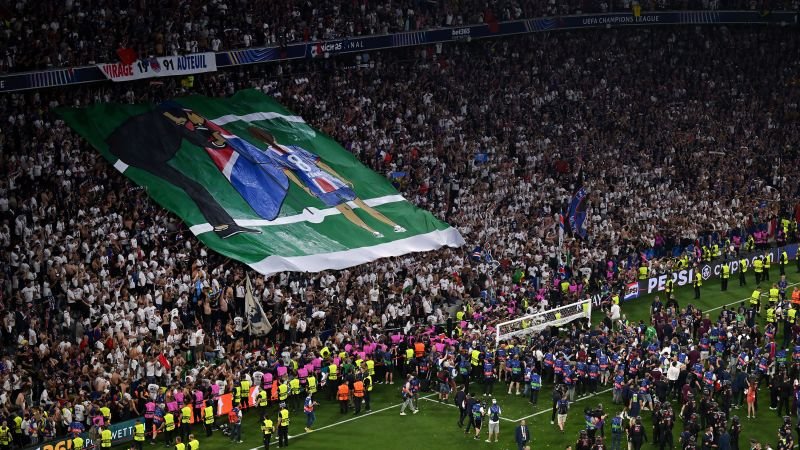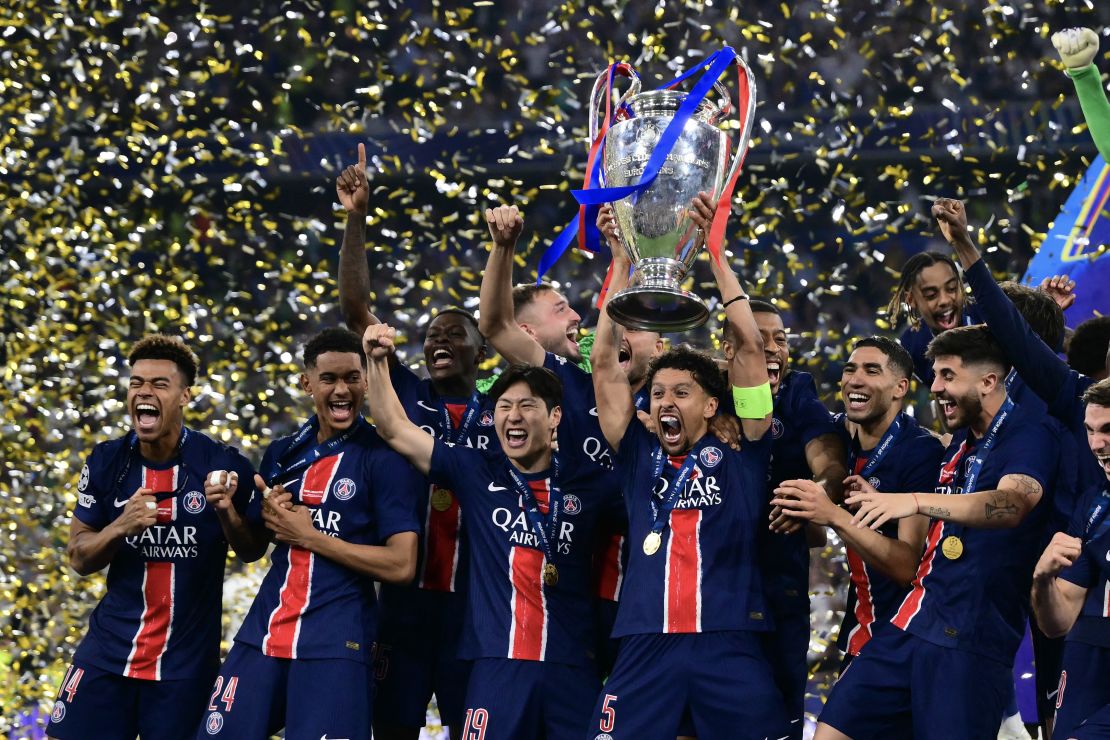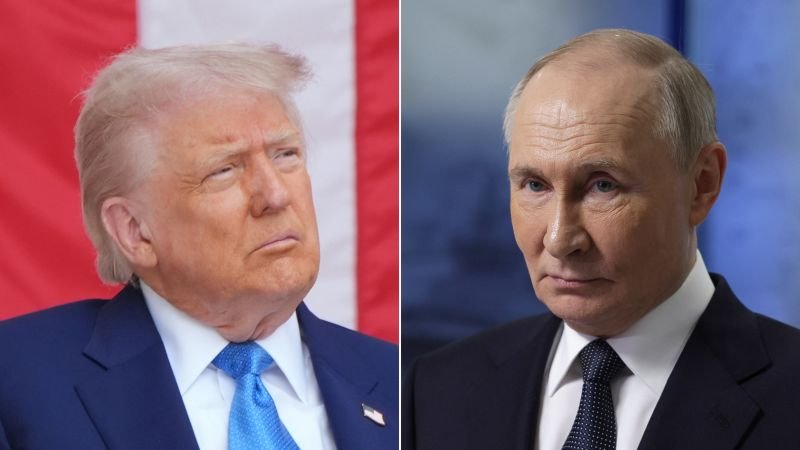London
CNN
—
Europe has “a strong plan” for striking back at the United States in response to Donald Trump’s tariff hikes “if necessary,” a top official said Tuesday on the eve of a long-anticipated announcement of massive import levies by the US president.
For weeks, Trump has promoted April 2 as “Liberation Day” in America, when a number of hefty tariffs will be unveiled to implement his administration’s radical economic agenda. The United States has already announced a sharp increase in tariffs on all imports of steel, aluminum and cars.
“Europe has not started this confrontation,” Ursula von der Leyen, the head of the European Union’s executive, said in a speech. “We do not necessarily want to retaliate but, if it is necessary, we have a strong plan to retaliate and we will use it.”
On Monday, White House press secretary Karoline Leavitt said Trump would reveal his tariff plan in a press conference Wednesday. She did not provide any details about what he would announce but suggested, as Trump has said repeatedly, that the president could unveil reciprocal tariffs, matching other countries’ tariffs dollar for dollar.
In her speech, von der Leyen, president of the European Commission, said Europe was “open to negotiations.”
“We will approach these negotiations from a position of strength. Europe holds a lot of cards, from trade to technology to the size of our market,” she continued. “But this strength is also built on our readiness to take firm countermeasures if necessary. All instruments are on the table.”
Von der Leyen did not provide further details of how the EU might retaliate but last month the bloc already walked the talk: It responded to Trump’s steel and aluminum tariffs by unveiling countermeasures on up to €26 billion ($28 billion) worth of American goods exports, including tariffs on boats, bourbon and motorbikes.
The European Commission is also a powerful regulator that has not hesitated to hit big US tech companies with heavy fines and other bills in the past – a fact not lost on Trump, who in February released an executive action threatening to take aim at countries that levy “unfair fines and penalties” against American innovators. The proclamation labeled such regulation “overseas extortion” and threatened higher tariffs in retribution.
The EU has been a big buyer of US exports – last year, it was the largest single market for US goods exports, ahead of America’s neighbors Canada and Mexico, based on figures from the United States Census Bureau.
Both Europe and the US have a lot at stake in the escalating trade dispute. In 2024, America was the biggest buyer of European goods, with imports ranging from pharmaceutical products and cars to alcoholic drinks and telecommunications equipment, according to official EU data. The EU, meanwhile, was America’s biggest source of goods imports last year, the US figures showed.
In February, von der Leyen emphasized the importance of the US-EU trading relationship. “The whole trade volume between us is $1.5 trillion,” she said in a speech, also noting that 1 million American jobs depended directly on trade with Europe.
Canada and Asian countries to retaliate, too
Canada, China, Japan and South Korea are also readying retaliation against Trump’s looming tariffs.
The three Asian countries plan to announce retaliatory tariffs in lockstep, Chinese state broadcaster CCTV said Monday. They held economic talks Sunday for the first time in five years, vowing to bolster fair trade and strengthen economic ties among them – just days before the US is set to announce sweeping tariffs on all trading partners.
On Wednesday, Trump said he would unveil wide-ranging tariffs that match the ones foreign countries impose on the US – so-called reciprocal tariffs. Long-time US allies, such as South Korea, won’t be spared, Trump has said.
“South Korea’s average tariff is four times higher,” Trump said last month in his joint address to Congress. “Think of that: four times higher. And we give so much help militarily and in so many other ways to South Korea, but that’s what happens.”
Meanwhile, Trump has renewed trade tensions with China, levying 20% duties on the country, on top of the tariffs he already imposed in his first term. China has responded swiftly to Trump’s tariffs, imposing 15% duties on chicken, wheat, corn and cotton imports from the US.
On Friday, Canadian Prime Minister Mark Carney told Trump that his nation would retaliate against the US with tariffs of its own if Trump pressed forward with his promised levies.
In a statement Friday, Carney’s office said Canada planned to implement retaliatory tariffs on US goods this week in response to Trump’s promised import taxes. But Carney offered no specifics – such as timing or the scope of the retaliatory tariffs.
“The Prime Minister informed the President that his government will implement retaliatory tariffs to protect Canadian workers and our economy, following the announcement of additional US trade actions on April 2, 2025,” the Prime Minister’s Office said in a press release.
Still, Carney and Trump sounded a hopeful note after holding a call Friday – a noticeable change in tone from the fractious relationship between former Canadian Prime Minister Justin Trudeau and Trump.
Friday’s call was the first between the two leaders. Carney’s office described it as a “very constructive conversation,” and Trump said in a social media post that the call was “extremely productive.”


























